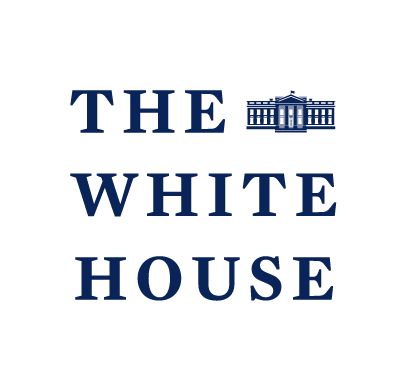Audio Presented by

The White House is the official residence and workplace of the president of the United States.
About Author
The White House is the official residence and workplace of the president of the United States.

The White House is the official residence and workplace of the president of the United States.
The White House is the official residence and workplace of the president of the United States.